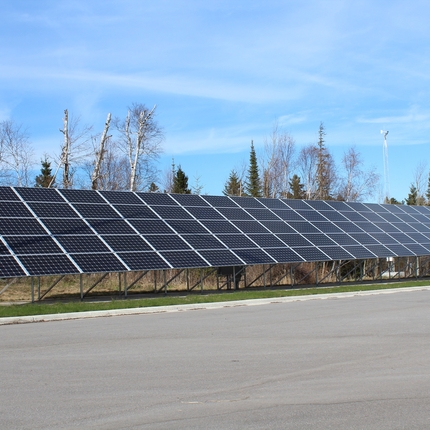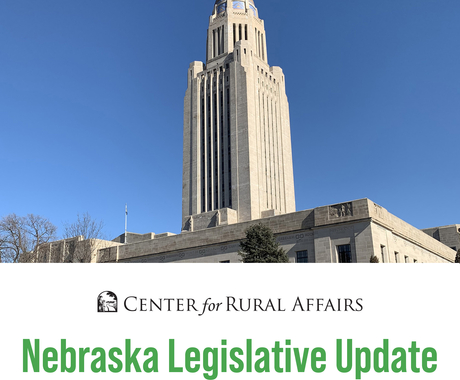By Katie Rock, former staff member
As renewable energy continues to bring prosperity to states with supportive policies, rural communities are in the spotlight. Solar and wind energy projects create new jobs and tax revenue in communities that host them—providing needed cash flow to many rural areas, helping them become more independent and resilient.
One of the most useful tools for people who want to generate their own energy from renewables is net metering. Net metering allows consumers to become energy independent by producing their own electricity, often through solar panels and wind turbines, and sending their excess energy back to the grid. Customer-generators can be reimbursed for their excess energy through credits on their utility bills or other compensation.
Through solar net metering, homeowners are able to save on energy rates while utilities are empowered to provide more energy during peak daylight hours and save through avoided costs—a win for both sides. Meanwhile, the installation of solar panels brings jobs to communities where consumers are installing projects. In Iowa, the solar industry supports more than 800 jobs.
In the Iowa Legislature, lawmakers are debating House File 669 which would allow utilities to charge annual tariffs to consumer-generators, estimated to be around $300. These large fees extend the payback period and discourage investment in private solar energy systems. Allowing consumers to share their excess solar energy with the larger grid helps lower costs, reduce greenhouse gas emissions, and promote energy independence.
As lawmakers debate this proposal, annual fees charged by utilities must be kept low. Supportive policies empower consumers, rural communities, and others to shine as leaders in solar energy.





